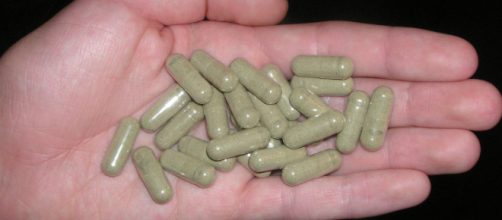As the U.S. government begins ramping up efforts to stamp out the drug addiction crisis, the Food and Drug Administration (FDA) is going after an herbal supplement with opioid-like effects. Earlier today, Dr. Scott Gottlieb, the head of the FDA, issued a warning to consumers about the dangers and potential addictive qualities of kratom.
FDA wants to prevent another crisis
Having learned from the fast-moving, out-of-control opioid addiction crisis, the FDA has decided to take a serious look at kratom. Per a report from CNN, the agency fears the increased use of the plant will ultimately “expand the opioid epidemic.”
Kratom users claim benefits
Kratom, grown in Southeast Asia and sold in smoke shops, is used for pain and anxiety relief.
Some former drug addicts even claim the substance helps overcome opioid withdrawal symptoms. However, the FDA disputes these claims, noting the agency has never been presented with any evidence that kratom effectively and safely treats any medical condition.
FDA fears plant will lead to more drug abuse
According to Gottlieb, kratom has been associated with at least 36 deaths as well as a substantial increase in calls to poison control centers. He also mentioned side effects like seizures and liver damage have been linked to the substance. Making things worse, users often combine prescription drugs such as hydrocodone with kratom, which only adds to the addiction risk.
After extensive study of kratom, Dr.
Ed Boyer, a professor at the University of Massachusetts Medical School, found the plant can be more addictive than morphine. Two chemicals, mitragynine, and 7-hydroxymitragynine trigger the body’s opioid receptors, providing an effect similar to heroin.
Kratom’s previous ban attempt
Sharing a similar opinion as the FDA, the U.S. Drug Enforcement Administration (DEA) intended to reclassify kratom as a Schedule I drug last year. Under federal law, Schedule I drugs supposedly have no medicinal value and have a high potential for abuse. However, thousands of comments and letters from kratom advocates convinced the agency to drop the reclassification effort.
Kratom can be chewed, swallowed in capsules, or brewed into a tea.
The plant has been used for medicinal purposes throughout Asia for centuries and only recently became popular in the U.S. While it remains legal at the federal level, some states like Alabama, Indiana, and Arkansas have banned it.


